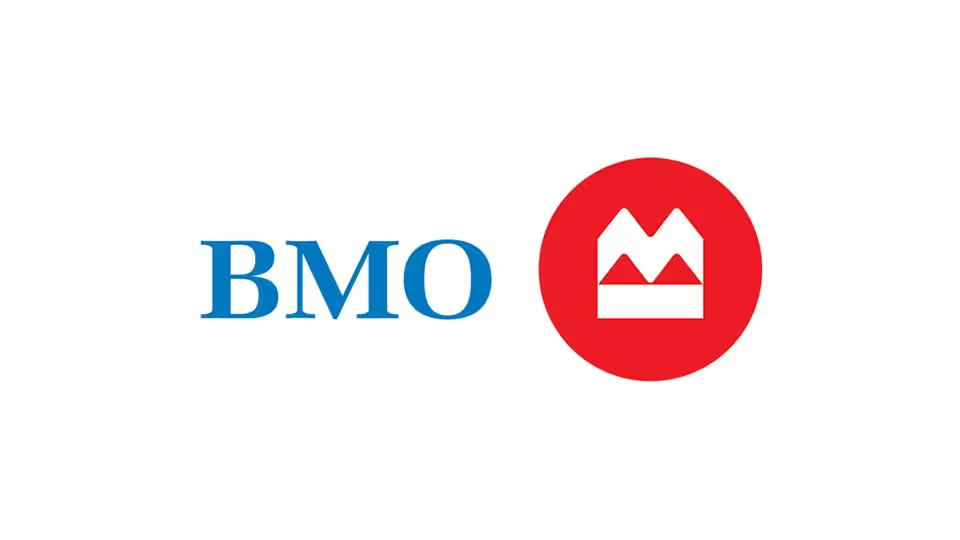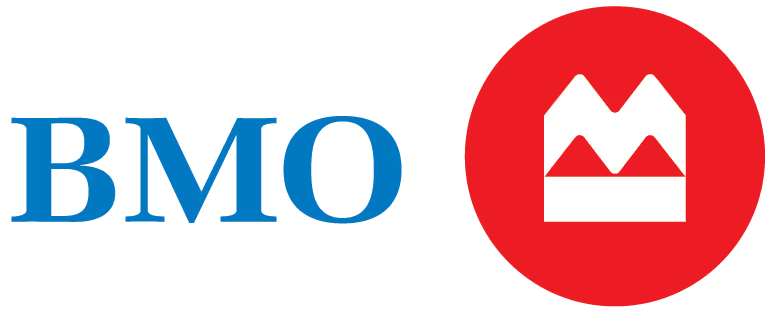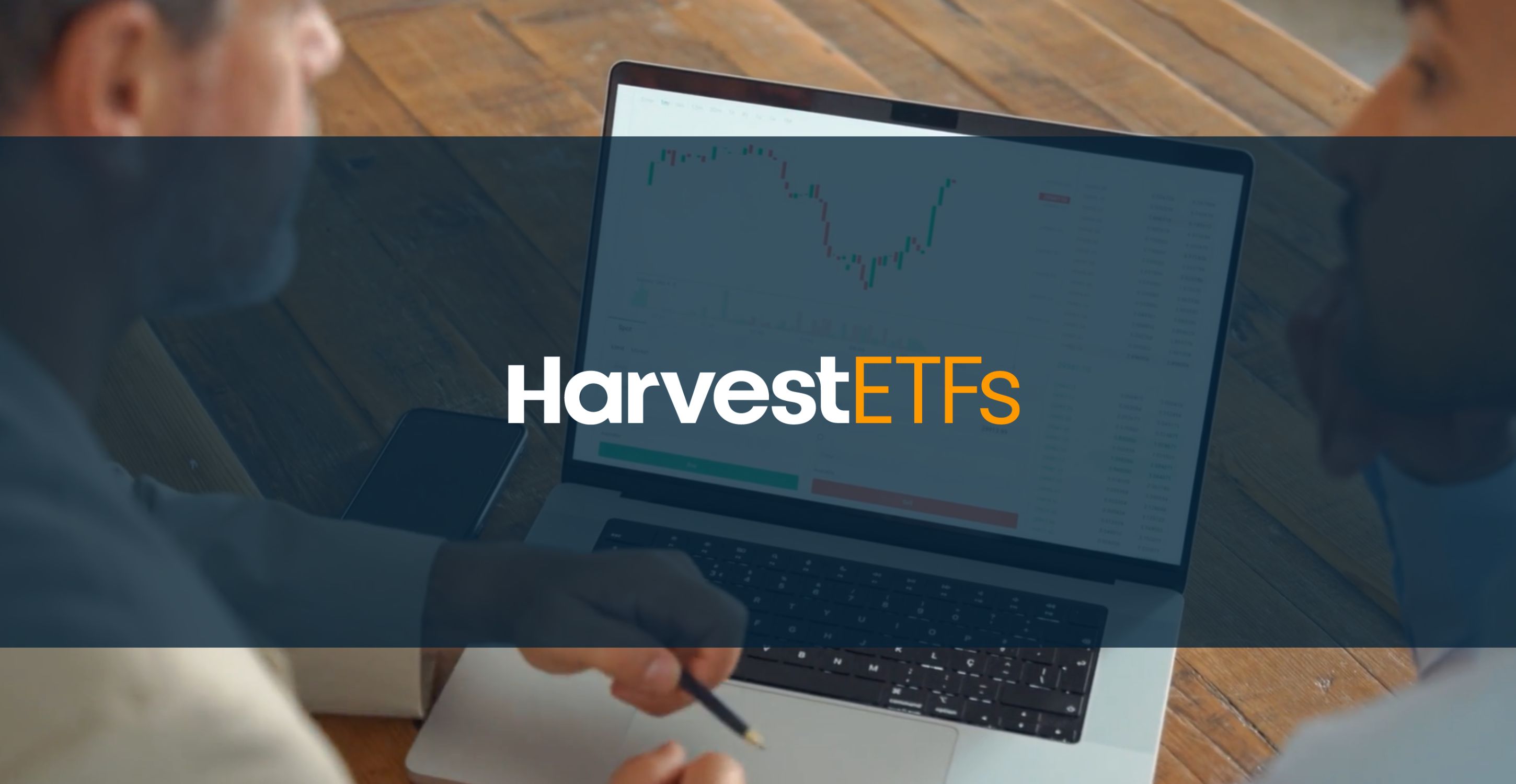Index Investing: A Timely Solution for Cost-Conscious Investors
With the cost of living still stubbornly high, consumers are being forced to find new ways to get the most for their money. Shouldn’t the same apply to investing? High management fees associated with owning investment products can significantly erode returns and threaten financial goals, and that’s compelling people to step back and reconsider their investment strategies.

With the cost of living still stubbornly high, consumers are being forced to find new ways to get the most for their money. Shouldn’t the same apply to investing? High management fees associated with owning investment products can significantly erode returns and threaten financial goals, and that’s compelling people to step back and reconsider their investment strategies.
Generally, products that require the most management, such as active strategies, are the most expensive to own, but they don’t always offer the most value. “When investors see a higher fee on a product, they really need to ask themselves, am I getting my money's worth?” said Danielle Neziol, Vice President ETF Online Distribution, BMO ETFs. “Is that active manager doing their job? Are they beating the benchmark by at least the fee hurdle for that product?”
These concerns have opened the door to index investing, which is increasingly becoming a way for cost-conscious investors to own the entire broad market and earn market like returns.
Index investing is a passive investment strategy often preferred by investors with longer-term goals who seek to replicate the returns of a benchmark index - a specific group of stocks that provide exposure to a market or segment of a market - such as the S&P 500, Dow Jones, and Nasdaq.
“Being an index investor acknowledges that you don't have a crystal ball and that you can’t reliably predict who the next big winners will be,” Neziol said. “It’s a hands-off approach that takes the guesswork out of investing.”
While you can't invest directly in an index, you can track its performance by purchasing an index Exchange-Traded Fund (ETF). Index ETFs can simplify investing. For example, if an individual wanted to replicate an index on their own, they would have to buy hundreds of stocks. They would have to pay for each transaction, and they would need to rebalance the composition of their portfolio several times throughout the year to maintain an appropriate weighting of stocks.
With an index ETF, an investor can get instant access to an entire index of stocks through a single trade, making it one of the most cost-efficient and convenient investments you can buy.
Given that broad market index ETFs typically require relatively little in the way of operational management, fees for these products generally range from approximately 0.1 to 0.2%1, which represents $10-$20 per thousand dollars invested on an annual basis. This fee structure is very low when you consider some active strategies that can sometimes charge in excess of 1% or 2%. ETFs are also highly liquid, which allows you to buy or sell them at any time during market hours.
When index ETFs first arrived in Canada close to 15 years ago, they functioned as broad market, market cap weighted investments that represented a large swath of the investment market. Since then, more and more niche and thematic products have been introduced that enable investors to target virtually any area of the market. But the popularity of broad market ETFs has endured.
Many investors treat broad market ETFs as core building blocks for their portfolios. These ETFs can hold hundreds of stocks and provide instant diversification that can help diminish the risk of holding single stocks or being invested in a single sector, which in turn can go a long way to mitigate the volatility of a portfolio.
BMO Global Asset Management was one of the first asset managers to bring an S&P 500 ETF to Canada in 2009, when ZUE (the BMO S&P 500 Hedged to CAD Index ETF) was listed. Three years later, ZSP (the BMO S&P 500 Index ETF) was listed and today ZSP is the largest ETF in Canada at $14 billion in assets under management.2 Institutional investors, investment advisors and DIY investors continue to turn to ZSP more than any other ETF for exposure to the S&P 500 index.
Based on historical performance, the trust placed on the S&P 500 is well founded. The S&P 500 Index has returned an annualized 14.5% over the last 10 years3
while giving investors access to approximately 80% of the U.S. equity market.4
By comparison, the Nasdaq consists of 100 mostly tech-oriented companies, and the Dow Jones tracks thirty companies.
Beyond the S&P 500’s inherent diversification, the index is market cap weighted, which means it will always emphasize the largest companies in the US equity market at any given time.
All this for a cost-efficient Management Expense Ratio (MER) of 0.09%.
ZSP is just one of many BMO ETFs that have helped transform the Canadian ETF marketplace since BMO started developing ETF strategies close to 15 years ago. Since then, Canadian investors have trusted over $95 billion5 of their investment dollars to BMO, which is a testament to its reliability, sustainability, and commitment to the ETF industry.
ZUE, ZSP and ZSP.U can be purchased like any other ETF, either from your online direct investing account, or through your advisor. To learn more, visit www.bmo.com/etfs.
Sources
1 Morning Star Direct, December 2023.
2BMO ETFs, January 31, 2024. ZSP and ZSP.U have a combined total of $14billion in AUM.
3 Return in CAD. Source: BMO ETFs, January 31, 2024.
4 (S&P Global Indices, November 2023)
5 Source: BMO ETFs, January 31, 2024
Any statement that necessarily depends on future events may be a forward-looking statement. Forward-looking statements are not guarantees of performance. They involve risks, uncertainties and assumptions. Although such statements are based on assumptions that are believed to be reasonable, there can be no assurance that actual results will not differ materially from expectations. Investors are cautioned not to rely unduly on any forward-looking statements. In connection with any forward-looking statements, investors should carefully consider the areas of risk described in the most recent prospectus.
The viewpoints expressed by the author represents their assessment of the markets at the time of publication. Those views are subject to change without notice at any time. The information provided herein does not constitute a solicitation of an offer to buy, or an offer to sell securities nor should the information be relied upon as investment advice. Past performance is no guarantee of future results. This communication is intended for informational purposes only.
Commissions, management fees and expenses all may be associated with investments in exchange traded funds. Please read the ETF Facts or prospectus of the BMO ETFs before investing. Exchange traded funds are not guaranteed, their values change frequently and past performance may not be repeated.
For a summary of the risks of an investment in the BMO ETFs, please see the specific risks set out in the BMO ETF’s prospectus. BMO ETFs trade like stocks, fluctuate in market value and may trade at a discount to their net asset value, which may increase the risk of loss. Distributions are not guaranteed and are subject to change and/or elimination.
BMO ETFs are managed by BMO Asset Management Inc., which is an investment fund manager and a portfolio manager, and a separate legal entity from Bank of Montreal.
®/™Registered trademarks/trademark of Bank of Montreal, used under licence.

FULL DISCLOSURE: BMO is a client of BTV-Business Television. This article does not constitute investment advice. Each reader is encouraged to consult with his or her individual financial professional. Any action taken as a result of reading information here is the reader’s sole responsibility.
Latest Posts
Hot Companies
You might also like

Harvest ETFs Launches Two Funds Designed to Thrive in Volatile Times
Investors looking to learn more about the Harvest Premium Yield Canadian Bank ETF or the Harvest Premium Yield Enhanced ETF can go to Harvest ETFs | Equity Income ETFs | Harvest Portfolios Group where you’ll find product information, insight blogs, and videos.

Gigantic Bolivian Opportunity Coming into Focus for Eloro
A real opportunity is finally coming into focus for Eloro Resources. After a slow start out of the gates, their highly prospective flagship project in southern Bolivia is starting to generate some real buzz.



.jpg)
